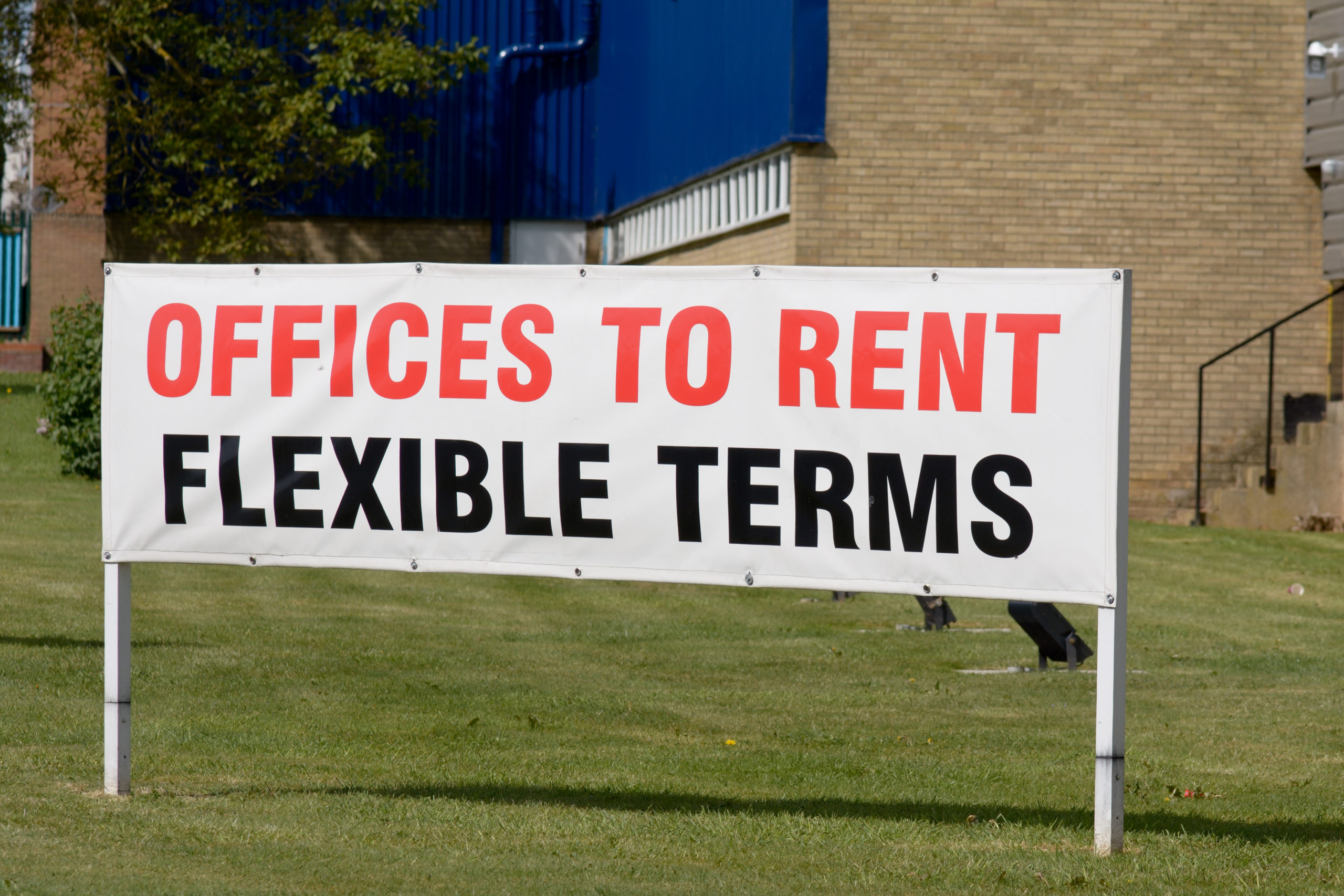Commercial Leasing Code of Conduct Confirmed for SMSFs

The Government has agreed to a new Code of Conduct (“Code”) that imposes a set of good faith leasing principles of commercial tenancies as a result of the economic impact of the COVID-19 pandemic.
The Code applies to commercial tenancies suffering financial distress or hardship as defined by their eligibility for the Commonwealth Government JobKeeper programme, with an annual turnover of up to $50 million.
The pandemic period is defined by the period during which the Jobkeeper programme is operational.
The Government has said, however, that the principles of the Code should apply to all affected businesses and seek to appropriately balance the interests of tenants and landlords.
The 14 leasing principles should be reviewed carefully by both parties to ensure the particular circumstances for each tenant is taken into consideration on a case by case basis.
How to Apply the Code
Qualifying tenants would be provided with cash flow relief in proportion to the loss of turnover they have experienced from the COVID-19 crisis:
- ie. a 60% loss in turnover would result in a guaranteed 60% cash flow relief
- At a minimum, half is provided as rent-free/rent waiver for the proportion of which the qualifying tenant’s revenue has fallen
- Up to half could be through a deferral of rent, with this to be recouped over at least 24 months in a manner that is negotiated by the parties
- So if the tenant’s revenue has fallen by 100%, then at least 50% of total cash flow relief is rent-free/rent waiver and the remainder is a rent deferral. If the qualifying tenant’s revenue has fallen by 30%, then at least 15% of total cash flow relief is rent-free/rent waiver and the remainder is rent deferral
- Care should be taken to ensure that any repayment of the deferred rent does not compromise the ability of the affected SME tenant to recover from the crisis
- The parties would be free to make an alternative commercial arrangement to this formula if that is their wish
Commentary
While the Code is applicable to business real property in SMSFs, the rules surrounding residential property have not yet been codified.
Residential property negotiations, therefore, must be carefully undertaken with strict documentation in place that includes the changes and the reasons for the change. Documenting such changes can be done by way of a minute or a renewed lease agreement and will be requested by your SMSF auditor.
Providing both parties agree, there is no reason that a tenant and landlord in residential property could not use the Code for commercial leasing as a blueprint or starting point for their own negotiations.
As we navigate our way through these unchartered waters, careful attention to ensuring that all variations to leasing arrangements remain documented to ensure the SMSF audit goes smoothly in future years.
Independent SMSF audits by Australia’s most trusted team. Find out more
Return to our Blog